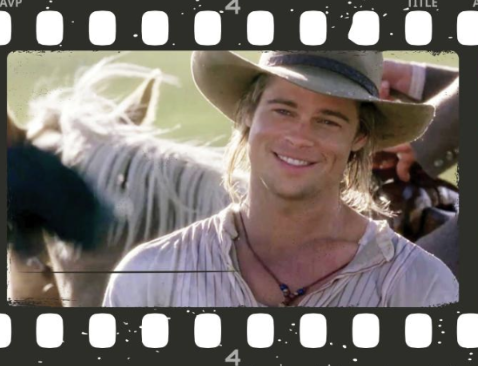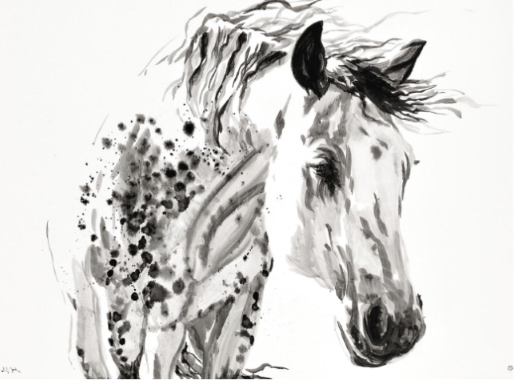Glen Campbell has been in the news in recent weeks for all the right reasons but from all the wrong causes.
Newspapers and magazines have interviewed him and there was a musical tribute at the Country Music Association Awards this month at which Vince Gill, Brad Paisley and Keith Urban performed. In 1968, Campbell took out CMA gongs for entertainer and male vocalist of the year. Six years ago, he was inducted into the Country Music Hall of Fame. He is now in the middle of a tour that will end next March. Then, his voice will fall silent to the world.
It will be of his own choice.
But back in 1968, on November 23 to be precise, his mellifluous voice carried a song into the American Billboard Top 10. It was hardly a milestone, except for this: the song was Wichita Lineman. It was three minutes of pop perfection. It still is. Wichita Lineman, written by Jimmy Webb, would take several weeks to reach No. 3, its highest position on the pop chart, but it would stay on the chart for almost four months. It was kept out of No. 1 by the likes of The Beatles with Hey Jude, The Supremes with Love Child and Marvin Gaye with I Heard It Through the Grapevine. On the country charts, it did, however, make it to No. 1, staying atop for two weeks. The song has been included in nearly every critics’ list of ”greatest songs”. Just a couple of years ago, James Taylor won a Grammy Award for his rendition of it.
But 40 years after Wichita Lineman, Glen Campbell is now the passenger in a car in which he has no control. When he looks over his shoulder or in the review mirror, the world is fading from sight. The landmarks are becoming unrecognisable. The familiar is turning to dust. Campbell’s memories, and thus his life, is being taken away from him: he has Alzheimer’s disease. He is 75.
He announced in June he had the disease. ”I still love making music,” he said. ”And I still love performing for my fans. I’d like to thank them for sticking with me through thick and thin.” His wife Kim elaborated on the inevitable effects the disease will have on her husband: ”Glen is still an awesome guitar player and singer. But if he flubs a lyric or gets confused on stage, I wouldn’t want people to think, ‘What’s the matter with him? Is he drunk?’ ”
He released his last album, Ghost on the Canvas, only recently, to universal praise. His previous album Meet Glen Campbell (2008), featured songs from Tom Petty and Green Day.
Fans who have been to his concerts on his farewell tour have left comments on his website that are laced with gratitude and love for his work.
And it is because of his work that we are not likely to lose sight of him. When a career has lasted as long as his there will be highs and lows. Campbell’s has been no exception.
Some would be glad to lose sight of some parts of it. For mine, it would be the Rhinestone Cowboy moments — despite it being a huge hit for him.
Back in the ’60s Campbell was a gun session guitarist, a member of the Wrecking Crew (which included among many, Barney Kessel, Carol Kaye, James Burton, Leon Russell, Dr John, Larry Knechtel, Hal Blaine and Jack Nitzsche). He played on tracks by the Beach Boys (including Good Vibrations), the Righteous Brothers (You’ve Lost that Loving Feeling) and Elvis Presley (Viva Las Vegas). He had a string of solo hits such as Galveston, Wichita Lineman and By the Time I Get to Phoenix. He brought out an instrumental 12-string guitar album.
He effortlessly crossed over from country to pop, collecting a swag of awards (including Grammys in one year). He’s released more than 50 albums and sold more than 45 million. He also took the Presley route and went into movies, for instance, playing opposite John Wayne in True Grit. He had his own TV show. He was an expert hand at squeezing every last drop of schmaltz out of a song, and then he could lightly touch a phrase or strike the timbre to send a tune into the heavens or into a deep well of the senses.
Such as he did with Wichita Lineman. The story goes that Campbell rang Jimmy Webb wanting to know if he had any songs for him. Webb said he did have one and gave it to him. He then didn’t hear from him for weeks. Thinking he must not have liked it, Webb called Campbell and asked what happened. We recorded it, said Campbell. And the rest is history. Webb said later the song wasn’t actually finished when he gave it to Campbell. It still had another verse to go.
Campbell’s instincts then paid off. From those first words — ”I am a lineman for the county, and I drive the main road” — here was the voice of a man buffetted by the elements of his work and, as it became clear, the storms of love. Webb weaves the strands of loneliness and desire — ”And I need you more than want you, and I want you for all time” — through the humdrum of a solitary existence — ”I know I need a small vacation, but it don’t look like rain”.
In most sheet music, the song is transcribed as having sharps F and C, yet they appear in the melody as naturals. Webb then throws in a B flat. It’s a masterful colouring of the mood.
There’s wisps of strings, floating in and out, an almost polite lower register dinky solo and it’s over. One hundred and eighty seconds of perfection.
Unforgettable.
Wichita Lineman – one of Glen Campbell’s most popular songs!
Source: Sydney Morning Herald















